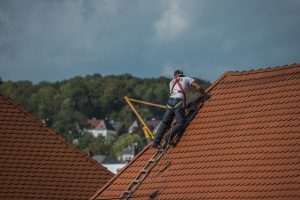Dallas homeowners undertaking roof repairs or replacements must strictly adhere to local building codes focusing on structural integrity, durability, safety, and storm readiness. Non-compliance can lead to legal issues, increased vulnerability to weather damage, and fines. Researching Dallas-specific regulations, consulting licensed contractors, engaging professionals for oversight, and maintaining detailed records are essential steps to guarantee compliance. The City of Dallas provides comprehensive resources, local trade associations offer guidance, and building inspectors verify safety standards.
“Ensuring your roof repair or replacement project adheres to local building codes is essential for a safe and legally sound structure. This guide focuses on Dallas, exploring the specific regulations and their significance in the roofing industry. We’ll walk you through the steps to navigate code compliance, from understanding relevant laws to engaging with qualified professionals. For residents of Dallas considering roof repair, this resource is designed to empower informed decisions, highlighting the importance of staying compliant.”
- Understanding Local Building Codes and Regulations in Dallas
- Importance of Compliance for Roof Repair and Replacement
- Steps to Ensure Your Roofing Project Abides by Laws
- Resources and Professionals for Assistance with Code Compliance
Understanding Local Building Codes and Regulations in Dallas
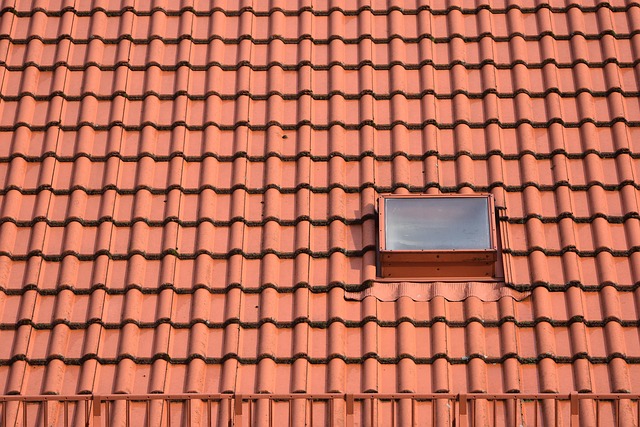
Dallas, like many cities, has specific building codes and regulations that homeowners must adhere to, especially when undertaking roof repairs or replacements. These guidelines are in place to ensure safety, structural integrity, and aesthetic consistency within the city. When considering roof repair Dallas services, understanding these local rules is essential for any property owner.
The codes cover various aspects, from material choices and construction methods to energy efficiency standards and storm-readiness measures. For instance, Dallas may have strict guidelines on the type of roofing materials allowed, especially in areas prone to severe weather. Homeowners should also be aware of regulations related to ventilation, insulation, and flashing to prevent water damage and maintain a comfortable indoor environment. Compliance with these local building codes is crucial to avoid legal issues and ensure that any roof repair or replacement work meets the required standards.
Importance of Compliance for Roof Repair and Replacement
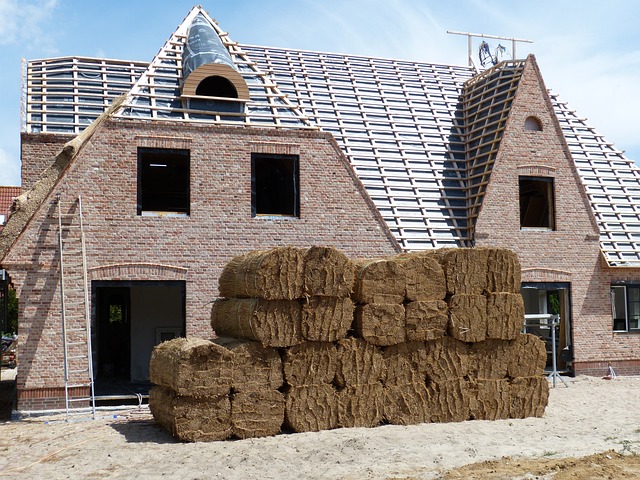
Roof repair or replacement is a significant project that demands careful consideration of local building codes and regulations in Dallas. Compliance with these standards is not just a legal requirement but also ensures the safety, durability, and longevity of your roof. Dallas’s unique climate, characterized by hot summers and occasional severe storms, necessitates roofing materials and techniques that can withstand high temperatures and strong winds. Adhering to the local building codes guarantees that your new or repaired roof meets these specific challenges.
Non-compliance can lead to structural weaknesses, increased vulnerability to weather damage, and potential legal issues. By working with contractors familiar with Dallas’s building regulations, you ensure that your roof repair project is not only up to code but also tailored to the local environment. This proactive approach to compliance not only protects your investment but also contributes to the overall safety and integrity of your property in this dynamic city.
Steps to Ensure Your Roofing Project Abides by Laws
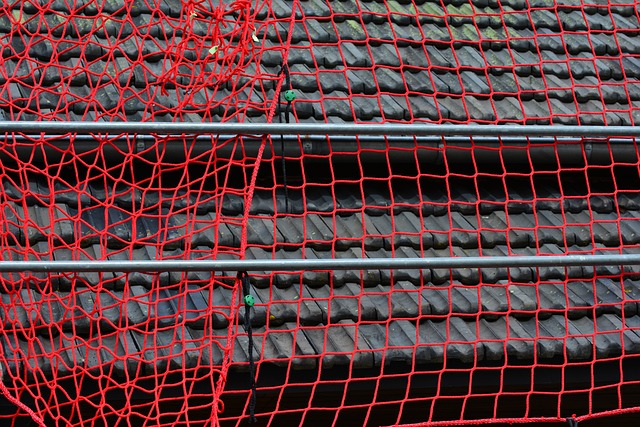
When undertaking a roofing project in Dallas, adhering to local building codes is non-negotiable for several reasons. First, it ensures structural integrity and safety. Second, compliance avoids hefty fines and legal issues. Here are practical steps to guarantee your roof repair Dallas endeavor meets all necessary criteria:
Start by researching the specific building codes and regulations applicable to roofing in Dallas. This knowledge will guide your project’s design and execution. Consult local authorities or a licensed contractor for detailed insights. Next, engage a professional who understands these rules to oversee your work. They’ll ensure your repair methods, materials, and overall installation align with legal standards. Regular inspections during the process are crucial to catch any discrepancies early on. Finally, maintain comprehensive records of all work done, including permits, invoices, and warranties, demonstrating compliance should it ever be required.
Resources and Professionals for Assistance with Code Compliance
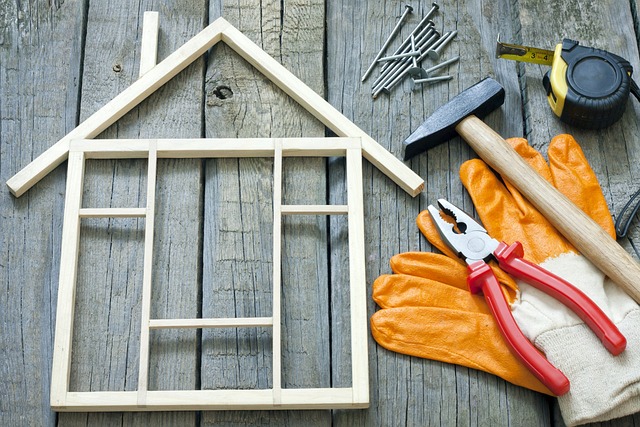
When ensuring compliance with local building codes and regulations for roof repair in Dallas, it’s crucial to leverage the right resources and consult professionals who understand the intricate details of these rules. The City of Dallas provides a wealth of information on their official website, including up-to-date building codes and permits required for various construction projects. Homeowners and contractors can also benefit from local trade associations and industry groups that offer guidance specific to Dallas’ regulations.
For practical assistance with roof repair projects, it’s recommended to engage the services of licensed roofing contractors who are familiar with the city’s requirements. These professionals not only ensure your work adheres to code but also help navigate any permitting processes. Additionally, local building inspectors can provide valuable insights and verify that your repairs meet all necessary standards, ensuring a safe and compliant roof for your Dallas property.
When undertaking a roof repair or replacement in Dallas, adhering to local building codes and regulations is not just a legal requirement—it ensures the safety and longevity of your home. By understanding these guidelines, you can avoid costly mistakes and future structural issues. Whether you’re a seasoned homeowner or a first-time renovator, consulting with local experts and professionals specializing in roof repair Dallas can guide you through the process, ensuring compliance every step of the way.
